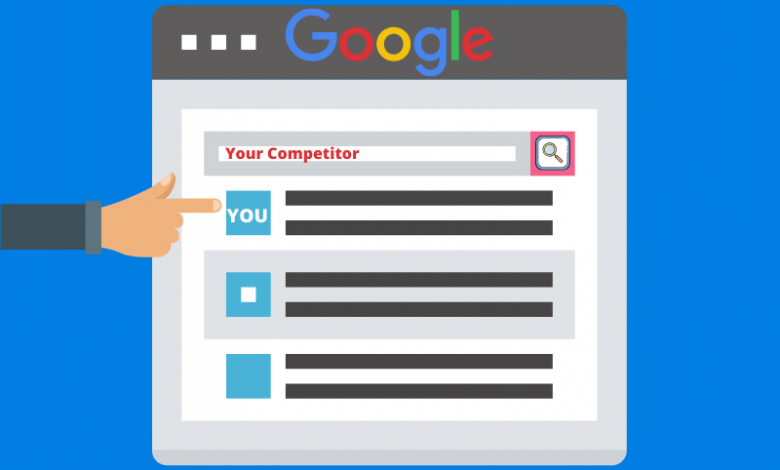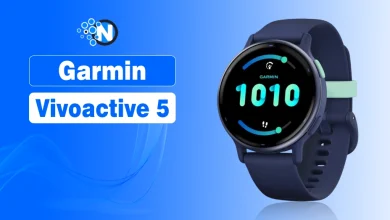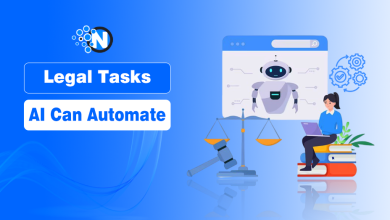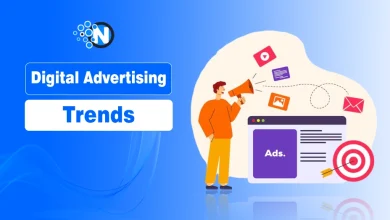What is Conquesting for Google Ads?

Conquesting is a term used in the advertising industry to describe the placement of an advertisement for one’s products or services next to editorial content about the competitor or the retailer’s products. Conquesting in Google Ads is an intense marketing technique in which one firm buys on terms related to the brand name of a competitor. Conquesting is a direct attack on your competitors’ client base that mostly generates a reaction. It is sometimes used by skilled marketers to drive a competitor to react, with the goal that opponents will roll out marketing campaigns or spend their resources too soon.
It also allows your PPC advertisements to appear in front of your competitors’ organic or paid search results, reaching their customers while they are in-market, looking for your competitors and their items. This post will provide you with in-depth information about conquesting for Google Ads and its benefits and drawbacks.
Benefits of Conquesting
Conquesting causes a competitor’s client base and advertising schedule to be interrupted. When competitors have a lot of balls in the air, it works best. For example, if a competitor changes their website design, launches a new product, or changes their marketing strategies, they are open to conquesting.
Conquesting would allow you to take some clients who were confused by their new website, reduce the predicted earnings of their new product, and raise doubt on their marketing approach in this case. In the best-case scenario, the competition will drop all the balls by going back to their old website, modifying their new product, and overspending on reactive marketing. As a result, your opponent has just wasted money away, while you have some brand new consumers.

Aside from competitive vulnerabilities, conquesting is beneficial if you:
- Produce a very similar, but somewhat better, product than your competitor
- You have a larger marketing budget than your competitor.
- You think your competitors have better market research than you.
Aside from competitive vulnerabilities, conquesting is beneficial if you:
Conquesting has the advantage of getting under your competitors’ skin and giving you power over their behavior. It also allows you to use their market research and brand development to direct customers to your site.
Drawbacks of Conquesting
However, there are many drawbacks and risks associated with conquesting for Google Ads. The most significant difference is that your landing pages will rank lower in terms of relevancy than those of your competitors. This means that in order to rank, you will have to spend significantly larger offers.
Furthermore, Google is generally opposed to conquest. Staff at Google Ads are officially prohibited from answering questions concerning conquesting. Google Ads has also been known to try to interrupt conquests in the middle of the process. It is not uncommon for Google Ads to raise the minimum price of a conquesting campaign to $5 to $10.
Finally, it has the drawback of causing many people to leave as soon as they realize they are on the wrong brand. This increases your bounce rate. It also means that even if you place a really suggested price, you have a very little probability of converting.

Paid Search Conquesting
Paid search conquesting is a tactic in which a brand or organization spends on search phrases or keywords that are directly related to a competitor. It is often employed to increase brand awareness or to stimulate a consumer’s interest in favor of a competitor.
However, it is vital to know that Google prohibits the use of trademarks that are not one’s own, and pushing sponsored search conquesting to that extreme can have a bad influence on the CTR and quality score.
Paid search conquesting is a controversial strategy in the pay-per-click business because it has been widely utilized to create bidding wars. The main negative consequences of paid search conquesting during a bidding war might be brand visibility risks and a rise in CPC prices. Increased brand visibility is one of the benefits of paid search conquesting in the form of rival keyword bidding as a tactic.
How Do You Do It Correctly?
Conquest is always risky. There are many compelling reasons not to attempt it. However, if you do decide to give this a try, here’s how to succeed: Get in and out. The longer your conquesting effort runs, the more probable it is that your competition will figure out how to respond, lowering your ROI.
You also run the risk of Google Ads punishing you with excessive minimum bids. Strike hard and quickly. By the time your competition and Google Ads figure out what’s going on, your campaign should be finished. Create a landing page that is effective. Create a landing page that is focused on quality rather than relevancy.

Take note of your bounce rate. Your conquest campaign has the potential to slow down your entire website. Keep an eye on your bounce rate and discontinue your campaign if it is affecting your SEO. It’s still going to come down to the wire. Not everyone is cut out for conquest. Conquesting, on the other hand, allows you to hit your opponents where it hurts if you’re willing to take the risk.




